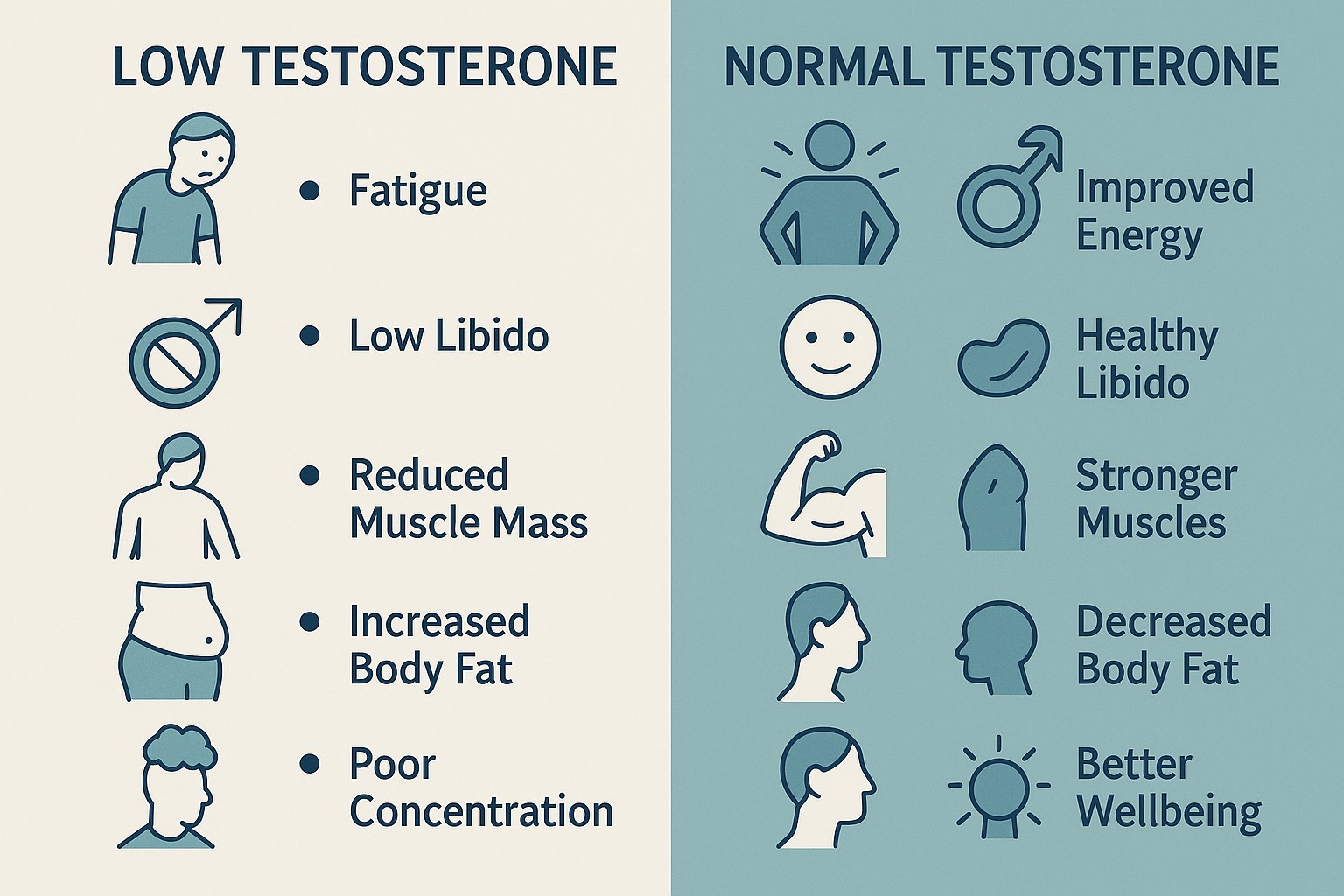What is Darolutamide and how does it work?
Darolutamide (Nubeqa®) is a type of hormone therapy used to treat some men with prostate cancer. Prostate cancer cells need the hormone testosterone to grow. Darolutamide works by blocking the effects of testosterone on these cancer cells.
Will Darolutamide cure my prostate cancer?
No, Darolutamide won't cure prostate cancer, but it can help keep it under control. It has been shown to extend the time before prostate cancer spreads to other parts of the body, which helps delay symptoms and the need for further treatment.
Can I take Darolutamide if my cancer hasn't spread?
Darolutamide may be an option if your prostate cancer has stopped responding to other hormone therapies but has not yet spread to other parts of your body. You will need tests to confirm this.
Can I take Darolutamide if my cancer has spread?
If your cancer has spread, Darolutamide may be used in combination with chemotherapy (docetaxel) as part of a new treatment called triplet therapy.
What if I have other medical conditions?
Darolutamide may be unsuitable if you have other medical conditions like heart disease. Your doctor will discuss treatment options if Darolutamide isn't right for you.
How do I take Darolutamide?
Darolutamide is usually taken as two 300mg tablets twice daily (1,200mg per day). Swallow the tablets whole with food and water. You will continue your original hormone therapy alongside Darolutamide.
What if I have other health problems or take other medicines?
Tell your doctor about any other health issues and all medicines you are taking, including vitamins and supplements. This is because Darolutamide can interact with other drugs.
What if I have liver or kidney problems?
Suppose you have moderate or severe liver problems or severe kidney problems. In that case, you may be given a lower dose of Darolutamide (one 300mg tablet twice a day).
What Are the Side Effects of Darolutamide?
Common side effects include:
- Fatigue (extreme tiredness)
- Low white blood cell count, increasing infection risk
- Changes in liver function (usually mild, monitored by blood tests)
- Skin rash
- Pain in arms, legs, muscles, or bones
- Increased risk of broken bones (fractures)
- Rare changes in heart function
Can Darolutamide affect my bones?
Yes, hormone therapy including Darolutamide can cause bones to thin over time. Lifestyle changes and medications like bisphosphonates can help keep bones strong and reduce the risk of osteoporosis.
Should I use contraception while on Darolutamide?
Yes, if you are sexually active and there's a chance your partner could become pregnant, use a condom and another form of contraception. If your partner is pregnant, use a condom during sex as Darolutamide might harm the baby.
How might Darolutamide affect my emotional health?
Living with prostate cancer and managing treatment can impact your mood, energy, and self-esteem. Seek support from loved ones, support groups, or specialist nurses to help cope with these changes.
How will my treatment with Darolutamide be monitored?
You will have regular PSA blood tests and blood pressure checks, initially monthly, then every three months. Bone density scans might also be done to check for bone thinning.
What if my PSA level rises while on Darolutamide?
If your PSA level rises, your doctor may do scans to check if the cancer has spread. If it hasn't, you might continue with Darolutamide. If the cancer has spread, your doctor will discuss other treatment options for advanced prostate cancer.
What is triplet therapy?
Triplet therapy is a new treatment combining Darolutamide with hormone therapy and chemotherapy (docetaxel). This combination helps some men live longer and delays symptoms and the need for other treatments.
Who can have triplet therapy?
Triplet therapy is suitable for men with newly diagnosed, hormone-sensitive advanced prostate cancer. You need to be fit to handle the side effects of chemotherapy.
What does triplet therapy involve?
If suitable, you'll start with hormone therapy and Darolutamide, followed by chemotherapy within six weeks. Treatment includes up to six cycles of chemotherapy, usually every three weeks. You will continue Darolutamide and hormone therapy after chemotherapy.
What are the side effects of triplet therapy?
- High or raised blood pressure
- Skin rash
- Other side effects from chemotherapy and hormone therapy, which can vary between individuals


